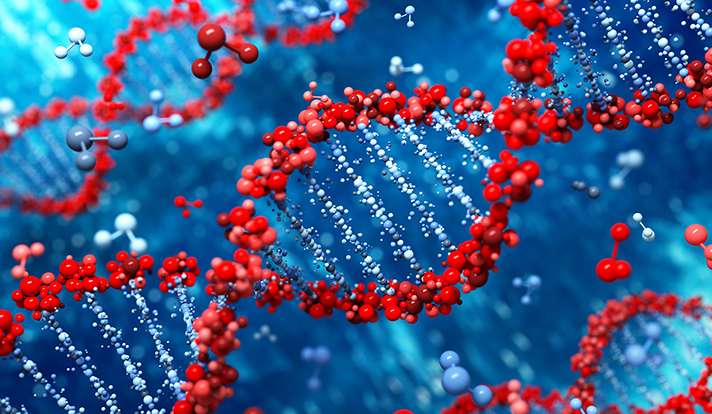Study probes genes for clues to drug resistance in aggressive breast cancer

By sifting through the 20,000 protein-encoding genes in the human genome, Yale researchers discovered new complexities behind drug resistance and identified patterns of mutations that could predict which therapies will benefit patients with aggressive breast cancer. The findings will be presented Dec. 11 at the 2015 San Antonio Breast Cancer Symposium.
Her2-positive breast cancer is an aggressive form that comprises 20% of all cases. Using tissue from the international NeoALTTO study, the Yale team sequenced 203 Her2-positive cancer samples to assess which mutations in which genes predicted response or resistance to Her2-targeted therapies. In the study, patients with early stage breast cancer were treated pre-operatively with either paclitaxel chemotherapy in combination with one of two breast cancer drugs (trastuzumab or lapatinib), or with the drugs alone.
"The key finding is that different cancers acquire resistance to trastuzumab through different mutations in different genes," said presenting and senior author Lajos Pusztai, M.D., professor of medicine and chief of breast medical oncology. "The silver lining is that these genes participate in biological processes that are all connected through the PIK3CA gene."
Mutations in the PIK3CA gene were already known to be markers of lower sensitivity to trastuzumab, but these new results extend this association to a broader network of genes. The investigators also identified a different set of genes whose mutations were associated with greater sensitivity to lapatinib. All of these genes involve the regulation of a biological process called RhoA-activation that controls cell movement.
The study concludes that alterations at the level of pathways may be more informative as predictive markers than single gene mutations, Pusztai said.
More information: Whole exome sequencing of pre-treatment biopsies from the neoALTTO trial to identify DNA aberrations associated with response to HER2-targeted therapies. www.abstracts2view.com/sabcs15 … .php?nu=SABCS15L_598

















